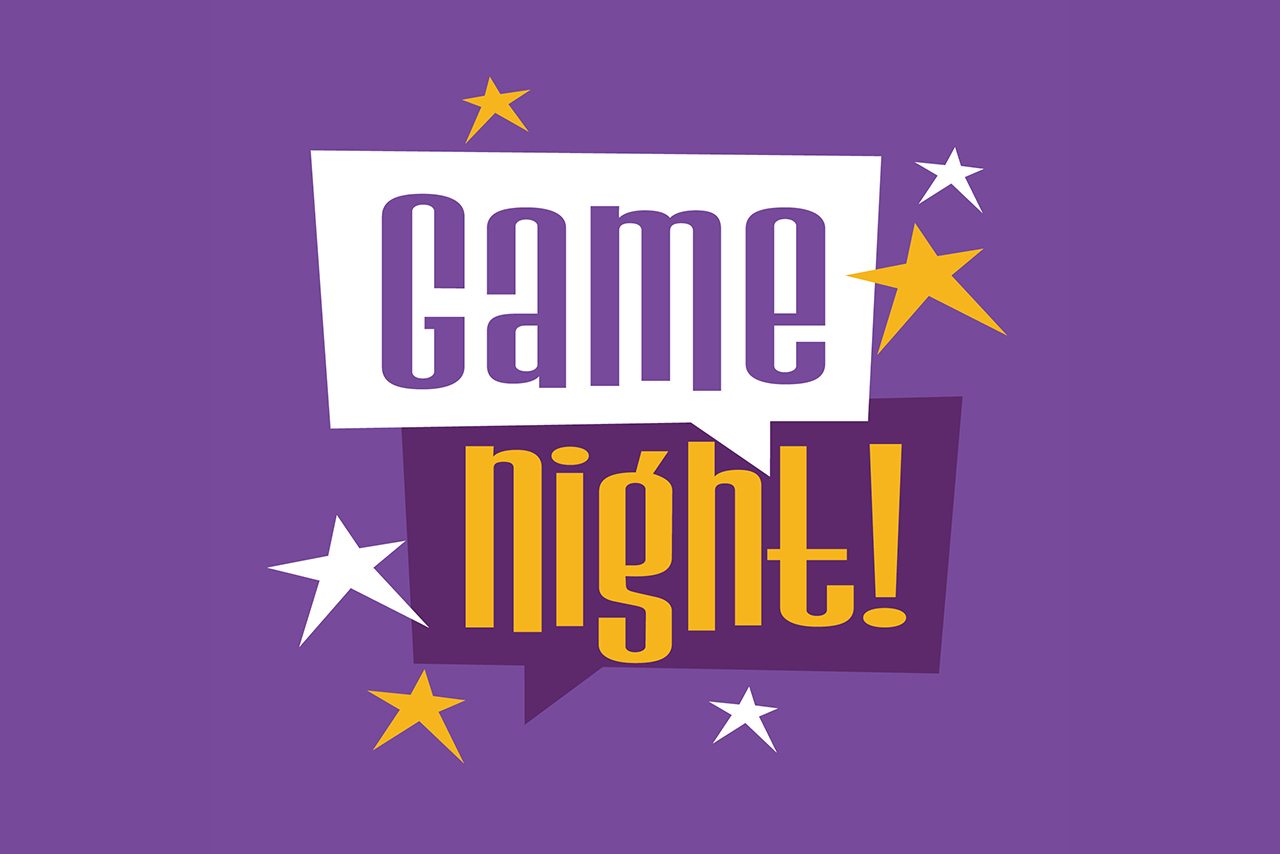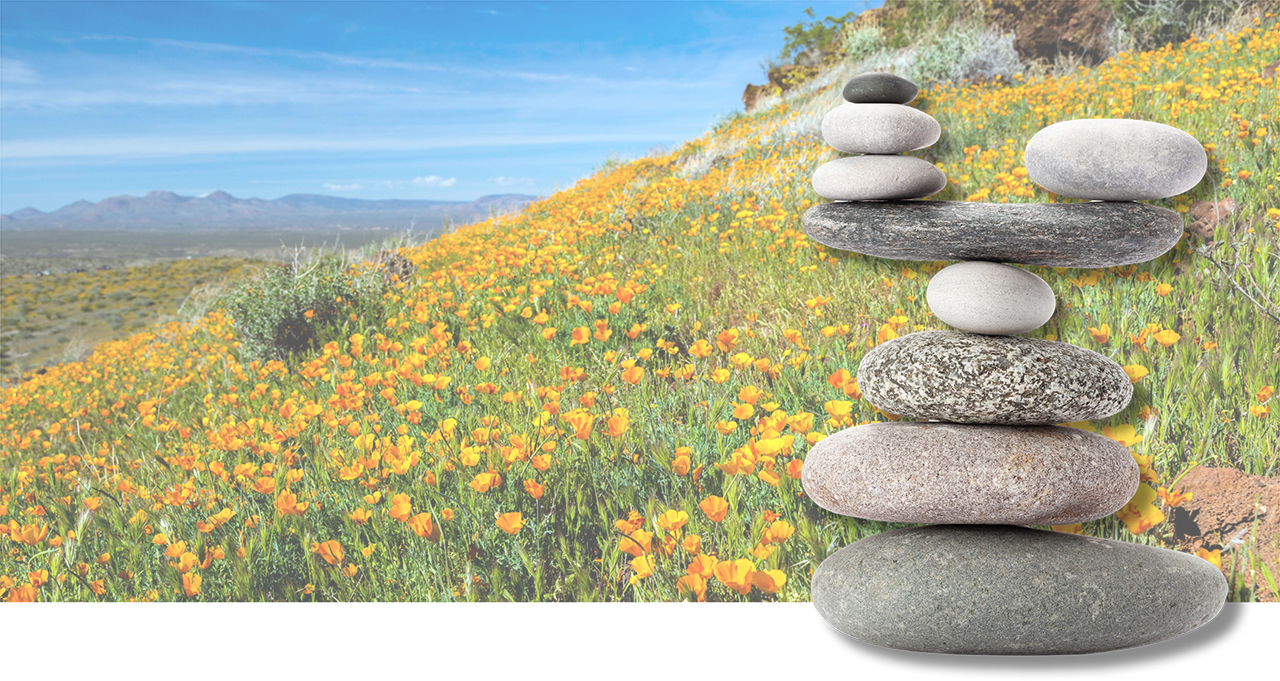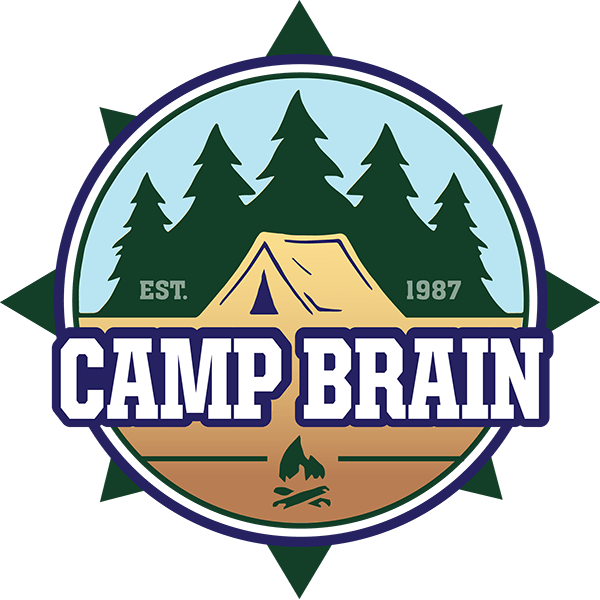TikTok “Skull-Breaker” Challenge Illustrates Need for Brain Trauma Prevention Education
They are some of the most heartbreaking cases that we see at the Brain Injury Alliance Brain Resource Center- young adults on the cusp of making their way in the world impacted by a serious brain injury. With dreams derailed or on hold, they are often forced to endure post brain injury life with migraines, balance challenges, fatigue, or depression.
Now imagine our surprise when we heard that young adults were intentionally injuring unsuspecting friends. That’s right, a dangerous new fad is sweeping the social media platform TikTok, where young adults and pre-teens share videos, and this one is injuring kids across the country! There have been many risky Internet pranks, but this one is beyond comprehension.
In the Skull-Breaker Challenge, three people stand beside each other; the person in the middle is told to jump high. While the middle person is airborne, the other two kick out the feet of the victim, causing the person to fall violently. The landing could cause a variety of severe head injuries to the unsuspecting person: skull fracture, concussion, bleeding in the brain, loss of consciousness, paralysis, or even death. There have been multiple reports of head injury in the US from the prank, even in Arizona.
On February 8, Tucson mom Valerie Hodson shared on Facebook the following (beside several images of her son in the hospital): “I really contemplated posting this, but I feel there needs to be awareness of this malicious cruel viral prank,…He landed hard flat on his back and head, as he struggled to get up he lost consciousness, he fell forward landing on his face.”
Her son ended up with a head injury, stitches in his face and deep cuts inside his mouth. This alarming trend illuminates the importance of understanding that risky behavior is a leading cause of traumatic brain injury or (TBI) in males ages 14-34. While most of the leading causes of reported TBI are preventable by wearing protective helmets, using seatbelts and avoiding falls, this Skull-Breaker Challenge is in a different category. The unsuspecting victim is never given a choice or a chance for protection, making this as cruel as it is dangerous.
It’s clear that the time has definitely come for comprehensive education on the importance of protecting your brain, targeted at teens who often feel invisible.
At the Brain Injury Alliance of Arizona, we are dedicated to preventing brain injury through awareness, advocacy, and education. In this case, we encourage parents, teachers, and caregivers to openly discuss this with teens, whether the latter were planning to prank a friend or to avoid being pranked themselves. Explain to them that the Skull-Breaker challenge can cause life-threatening injuries. There are also legal ramifications when intentionally causing injury to others. It’s clear that comprehensive education around the possible long-term impact of brain injury, and how to avoid preventable brain injury is needed desperately needed.
ABOUT BRAIN INJURY ALLIANCE OF ARIZONA
The Brain Injury Alliance of Arizona (BIAAZ) is the only statewide nonprofit organization dedicated to improving the lives of adults and children with all types of brain injuries through prevention, advocacy, awareness, and education. BIAAZ also houses the Arizona Brain Health Resource Center, a collection of educational information and neuro-specific resources for brain injury survivors, caregivers, family members, and professionals.
What began in 1983 as a grassroots effort has grown into a strong statewide presence, providing valuable life-long resources and community support for individuals with all types of brain trauma at no charge.
The Brain Injury Alliance of Arizona:
- Works with the Congressional Brain Injury Task Force
- Houses Arizona Brain Health Resource Center
- Hosts the Statewide Opioid Use Disorder & Cognitive Impairment Workgroup
- Deploys a Statewide Opioid Use Disorder & Cognitive Impairment Response Team with peer support, training and family wraparound services
- Facilitates the Brain Health Advisory Council
- Manages a Statewide Neuro Info-Line 888-500-9165






